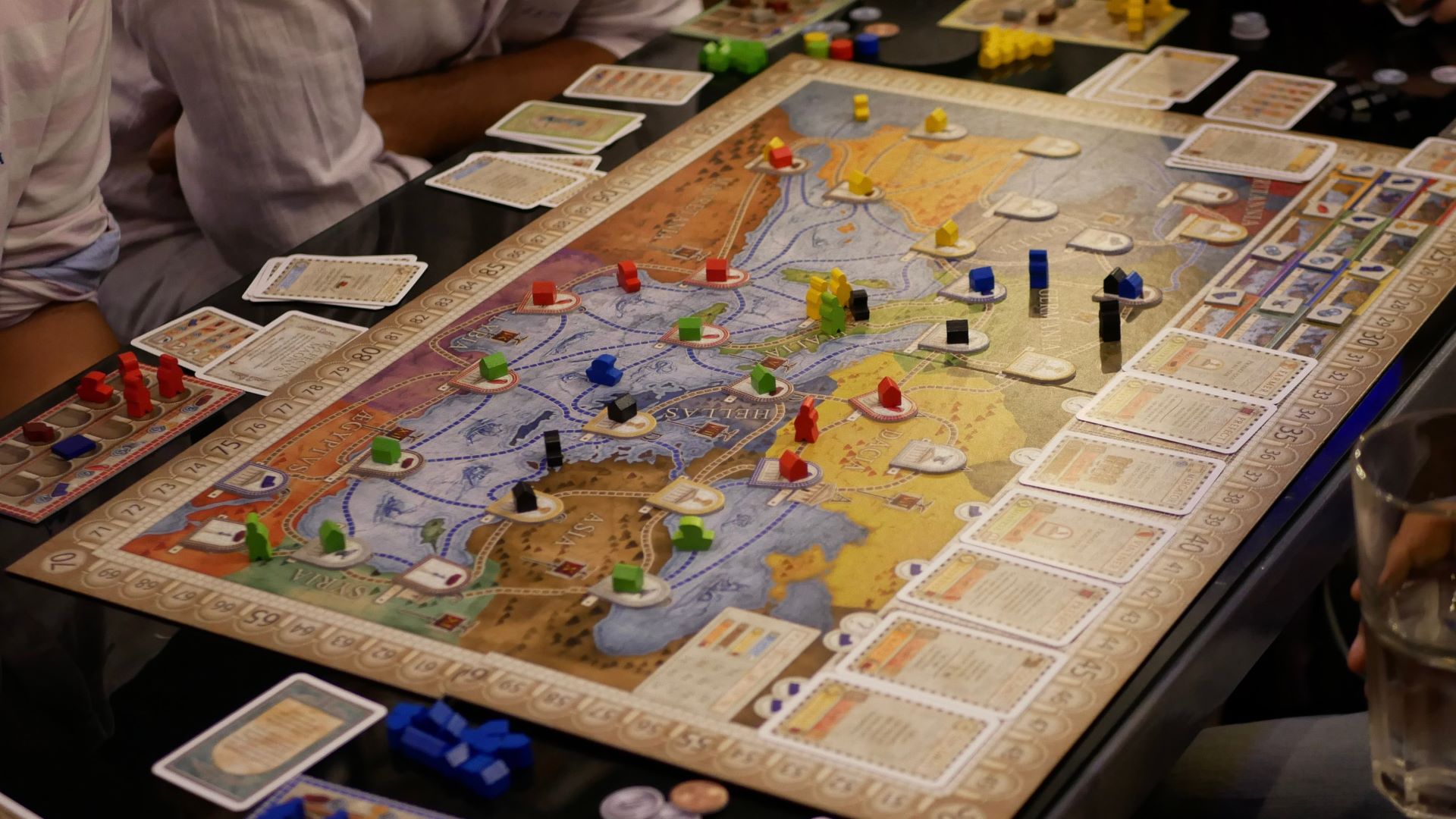Psychology Lecturers Dr Liam Cross and Dr Gray Atherton led the project working with Dr Andrea Piovesan and Dr Peter Wright. They surveyed more than 1600 board gamers to create a detailed, open-source dataset with information on everything from player demographics, to their motivations for and preferences in gaming.
The majority of survey respondents fitted with previous assumptions about gamers, namely, they were middle-aged, university-educated, white males who regularly played together in groups of three or four. However, the survey also revealed the many gamers who don’t fit this description.
Notably, more than 25% of gamers reported mental health or neurodevelopmental conditions, including anxiety at 12.2% and autism at 4.7%, surpassing global prevalence rates of 7.3% for anxiety and 1% for autism.
Dr Atherton said: “Despite board games’ rising popularity, there is a lack of concrete data about the player base, which we sought to address. We also wanted to shed light on the growing body of research showing that board games can improve mental health, social interactions, and skills such as reading and numeracy.
“We have ended up with an excellent dataset useful to games designers, educators, and clinicians.”
By cross-referencing the researcher’s data on mental health and neurodevelopmental conditions, it is hoped that clinicians and game designers can tailor games and potential treatments to a person’s needs.
Dr Cross explained: “The revelation that many gamers have anxiety and autism shows that board games already serve a therapeutic purpose for many people, but clinicians and educators can take it a step further.
“A clinician – for example – could identify the relationship between players reporting autism, their level of experience, and their preferred playing time across a month to create an effective autism intervention plan using tabletop games.”
The dataset provides detailed information on gamers’ preferred play style, game length, game type, mechanics, and themes, all invaluable for game designers. The granularity of the data also provides essential information for academics researching board game consumption and educators working with neurodiverse children and adults.
Dr Atherton added: “We hope this dataset will be helpful to board game designers, clinicians, educators, teachers, therapists, and researchers interested in utilizing board games. For example, by separating participants with and without depression, we can see that people with depression are more motivated to play for escapism.”
Both the full research paper and the open-source anonymised data set can be accessed online.
To discover more about studying psychology and other courses at Edge Hill University, please visit ehu.ac.uk/study.
August 4, 2023



